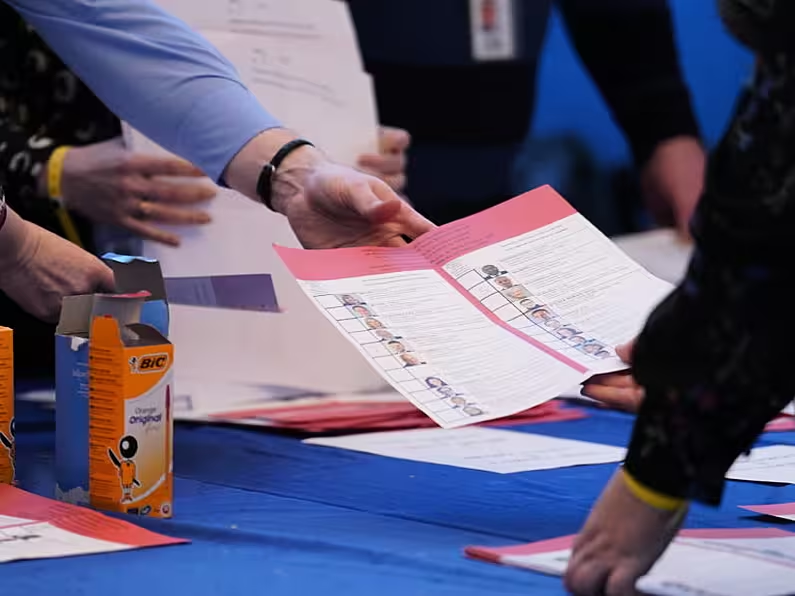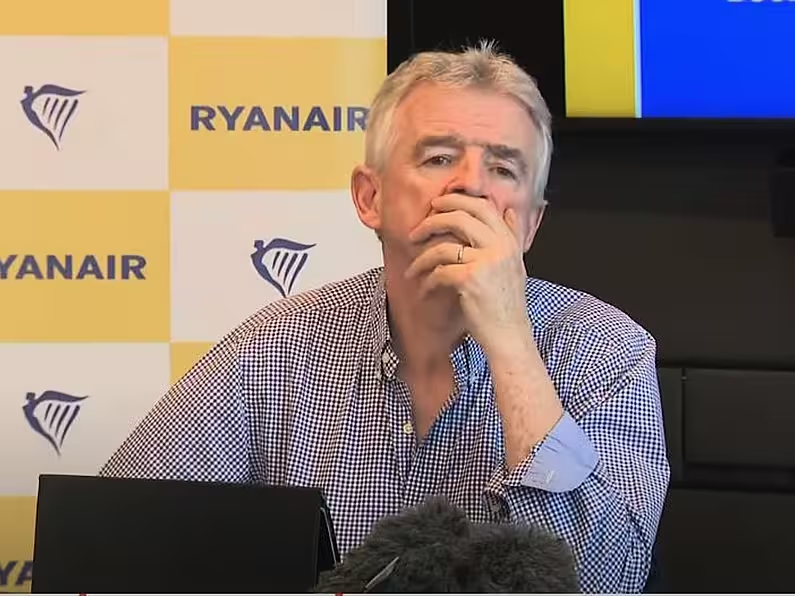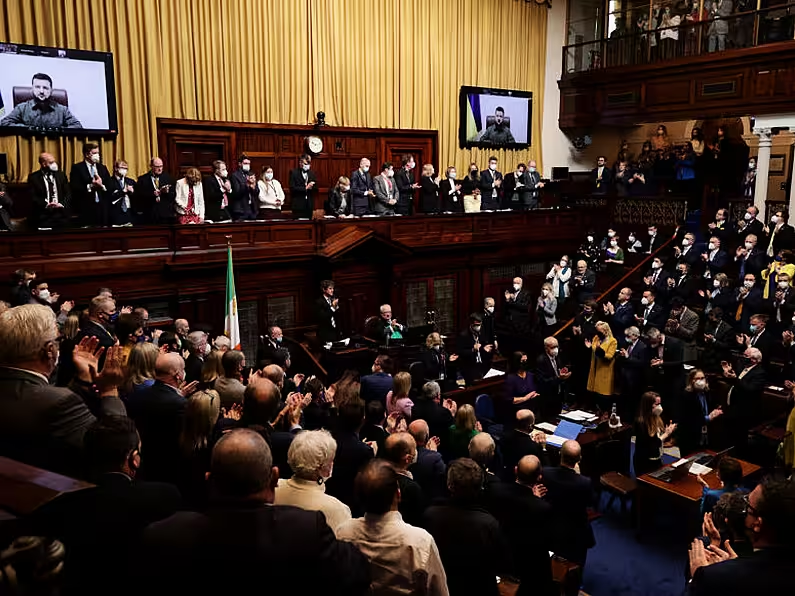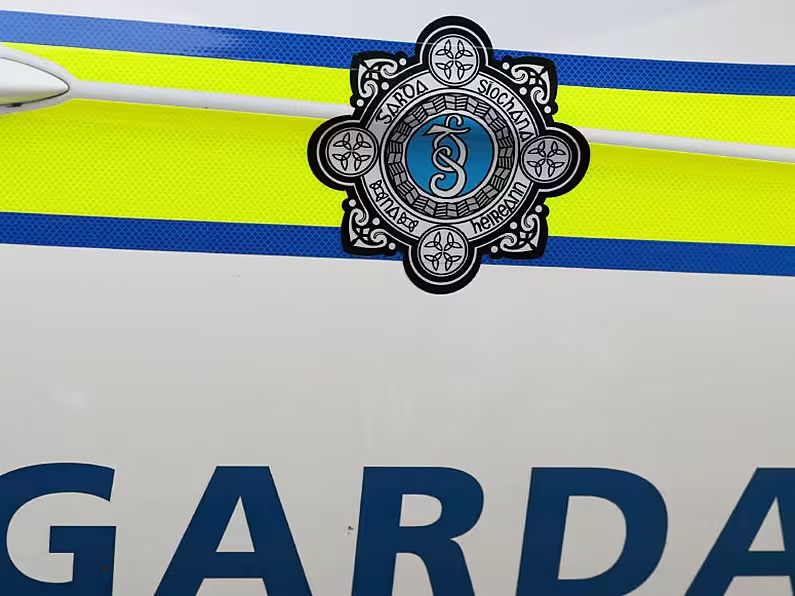By James Ward, PA
Irish people will be able to once again travel to other EU member states from July 19th, the Government has confirmed.
Ireland will broadly implement the EU’s digital Covid certificate from July 19th, facilitating travel between EU member states, Norway, Switzerland, Liechtenstein and Iceland.
The digital Covid certificate will facilitate free movement in the EU for people who have been vaccinated or can provide a negative PCR test taken 72 hours prior to arrival.
However, restrictions will remain in place for Great Britain and the US.
Minister for Transport Eamon Ryan said: “By the 19th of July, we will remove the ban on non-essential travel.
“We will also fully implement the digital Covid cert, which means that anyone coming from an EU country who has been vaccinated, or has recovered from Covid, or can show a negative PCR test, will be able to move here freely, come back home freely.”
Children who are not vaccinated or have not recovered from Covid will still need a PCR test to travel.
Mr Ryan said the return of international travel was not without risk, noting that variants of concerns could cause case numbers to rise.
“We have to be careful as we make this transition,” he said.
Similar restrictions will be in place for non-EU countries or “third countries”, which will include the US and the UK.
Mr Ryan said that while the UK is a “very close and important neighbour to us”, concerns remain about the Indian variant, which has become the dominant strain there.
He added: “We will require people arriving from Great Britain to self-quarantine at home unless they have been fully vaccinated.
We are looking forward to a really positive summer. I hope some of our population enjoys all that an Irish summer can offer – others will enjoy a holiday abroad or reconnecting with friends and family overseas, and I hope we will welcome tourists back as well.
— Eamon Ryan (@EamonRyan) May 28, 2021
“We will keep this under review and I hope later this summer we will be able to open up further to the common travel area, that we have the privilege of sharing with the United Kingdom.
“Mandatory auto quarantine will be retained for what we expect to be a very small number of countries and will only be used in relation to variants of concern.”
An “emergency brake” system will apply to non-EU/EEA countries, designed to allow a swift response to the emergence of a variant of concern or variant of interest.
Government advice will be to avoid travel to a country where the emergency brake has been applied.
A passenger arriving from a country where the emergency brake has been applied will have to undergo mandatory hotel quarantine, if they cannot provide valid proof that they have been vaccinated.
The approach to travel outside the EU/EEA will also apply to travel to and from Great Britain and the US.
Sinn Féin response
Sinn Féin leader Mary Lou McDonald welcomed the return of international travel in mid-July but warned it has to be done safely.
“I’m sure we are all breathing a huge sigh of relief that at last we are going to regain some of the freedom that we had lost for such a long time,” Ms McDonald told RTÉ.
“Of course at some stage non-essential travel has to resume, the issue here is that it’s done safely.
“Over the last year and more we’ve had many long, hard debates around the use of quarantine, the very necessary use of quarantine, to keep the population safe.
“It needs to be held on reserve, as a public health measure, to be deployed to keep people safe.
“We need to follow the public health advice, of course travelling has to resume at some stage, we can’t live in splendid isolation.
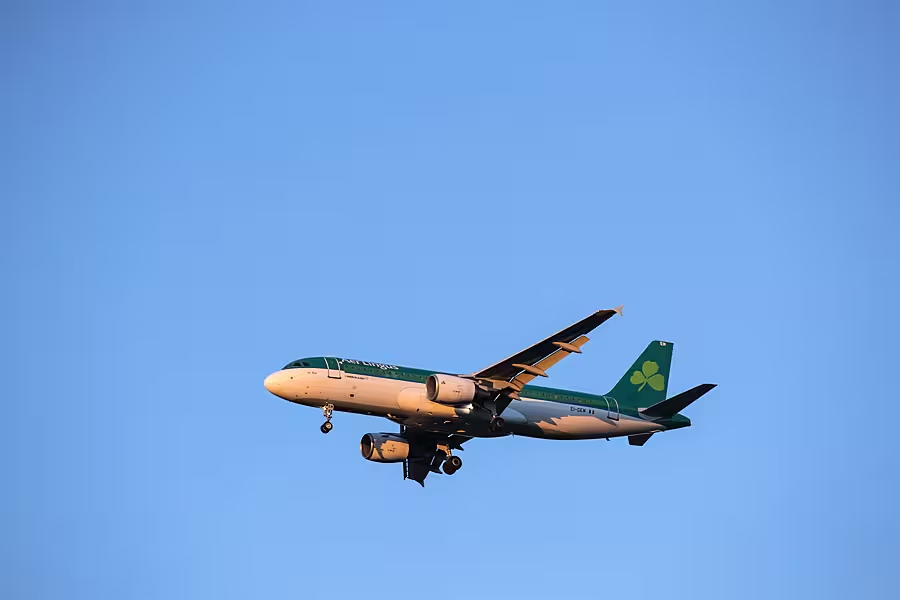
“But just be clear, it always has to be in the context of keeping people safe and being aware that the virus is still out there, and there are some really, really nasty variants.”
Responding to the news, Aer Lingus welcomed the plan but was critical of the delay in the resumption of the common travel area with Great Britain and the failure to introduce rapid antigen testing for travel.
A spokesperson said: “Flying schedules will be a fraction of normal levels for some time to come.
“While Aer Lingus welcomes the easing of travel restrictions announced today, it will not facilitate a significant level of travel to and from Ireland during the critical summer months of 2021.
“It is also disappointing that the reopening of the common travel area is delayed and that EU-approved rapid antigen testing has not been approved as a standard of pre-departure testing.”
The airline said it is facing significant restructuring to rebuild its network and financial strength following the pandemic.







